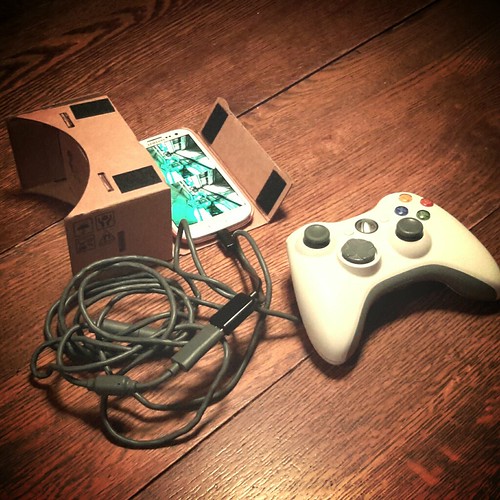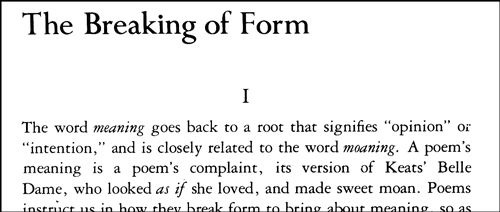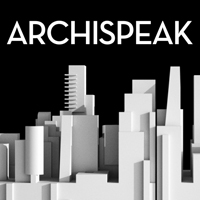13 Twitter Accounts [maybe not] Every Aspiring Architect Must Follow
Recently NCARB published a list of the 13 Must Follow Twitter Accounts for Aspiring Architects which I was happy to find had some of my favorite twitter friends on it including the inimitable storytelling of Bob Borson, and the prolific business insight of Enoch Sears. That said, aside from this dynamic duo, it’s a pretty vanilla list. You could throw in quite a few others with that, including Mark R. LePage and Jeff Echols who also write on the business of architecture, or Marcela Abadi Rhoads who posts excellent content on Barrier Free Design, Cherise Lakeside, the #CSIKracken engaged in specification and project delivery, Tabitha Ponte who is laser focused on creating a new education paradigm, or even Randy Deutsch dissecting the digital, and the data behind the design. Call me a maverick, but networking tips from AIAS and updates from NCARB aren’t why I got into architecture. Inspiration, agitation, disruption…twitter is a chaotic crucible of thought and provocation, a place to connect with one or thousands. Here’s my version of this list. I hope that it will get your design blood flowing: Read the rest of this entry →







